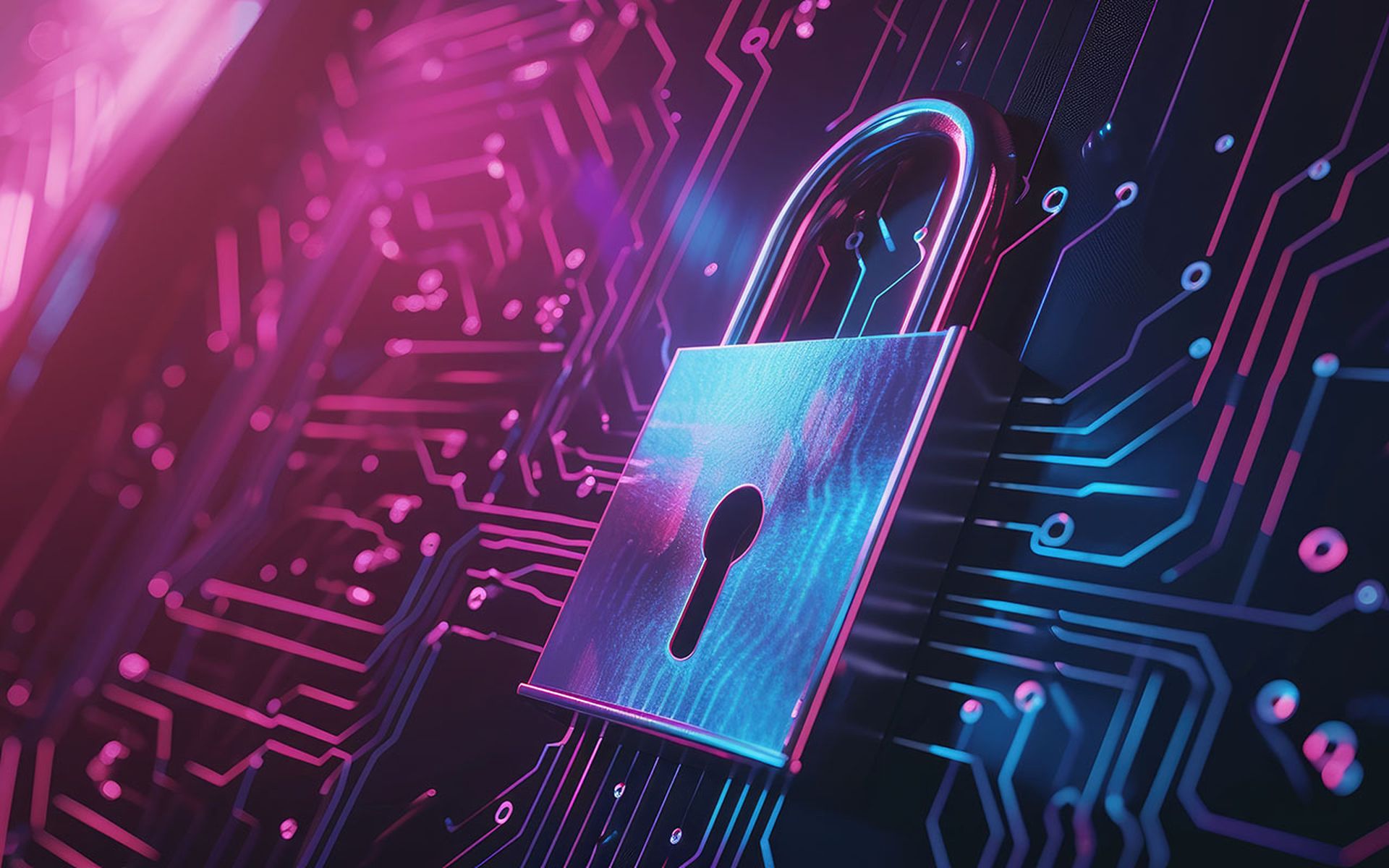In a case surely destined for the Supreme Court, the Electronic Frontier Foundation (EFF) took to the Ninth Circuit Court in San Francisco on Wednesday to defend a lower court's decision that a national security letter requesting customer information from a mobile provider is unconstitutional and to appeal rulings by two other courts supporting the enforcement of NSLs delivered to the same mobile provider and one other.
EFF, in a brief, called the issuance of the letters as it currently stands an “unprecedented grant of authority to the FBI” and said it “is unconstitutional on several grounds.”
In the first case, the provider originally challenged the initial NSL, which came with a permanent gag order which prevented the company from revealing the request or anything about it. Ever. A lower court ruled in the company's favor and deemed the letter as unconstitutional.
Yet a court ruled against the same company and one other when they subsequently challenged NSLs that they had received. In its brief, EFF claimed, “The statutes governing National Security Letters empower the FBI, without prior judicial authorization, to both demand customer records directly from Internet and telecommunication providers and to issue permanent gag orders that prevent the recipients from disclosing anything about the government's demand.”
EFF praised earlier Second Circuit and district court rulings in the first case, saying they were correct that “the power to issue such gag orders” violates the First Amendment because “the FBI to directly impose content-based prior restraints on speech and then insulates that Executive action from any kind of meaningful judicial review.”
What's more, the governing statute allows the law enforcement agency “to acquire potentially First Amendment protected information from NSL recipients without any obligation for a court to evaluate whether such actions are warranted.”
While the letters are nothing new, addressing the parameters has become more urgent post-9/11. “Prior to the passage of the USA PATRIOT Act in 2001, NSL statutory Authority… was relatively limited in scope,” the brief said.
The letters could only be issued by senior FBI officials and “only upon a self-certification that: ‘there are specific and articulable facts giving reason to believe that the person or entity to whom the information sought pertains is a foreign power or an agent of a foreign power ....'," the brief said.
But the Patriot Act expanded the authority to special agents in charge in any FBI field office and the relevant statute's reach beyond records “relevant to an authorized investigation to protect against international terrorism or clandestine intelligence activities." And self-certification was reduced from "specific and articulable" facts to any information “‘relevant' to an authorized investigation.”
The Wall Street Journal cites EFF legal fellow Andrew Crocker as optimistic the Supreme Court would hear the case. EFF just might prevail. It has some legal history on its side.
In a recently issued media alert, the EFF said that long before Snowden revelations came to light, “EFF scored a major victory when a federal judge ordered the FBI to cease its practice of issuing NSLs — demands to telecommunication providers to provide information about their users that are not approved in advance by a judge.”
Some of the biggest technology firms “include NSLs as part of their transparency reports,” but typically the requests are revealed in “bands” of 250.


